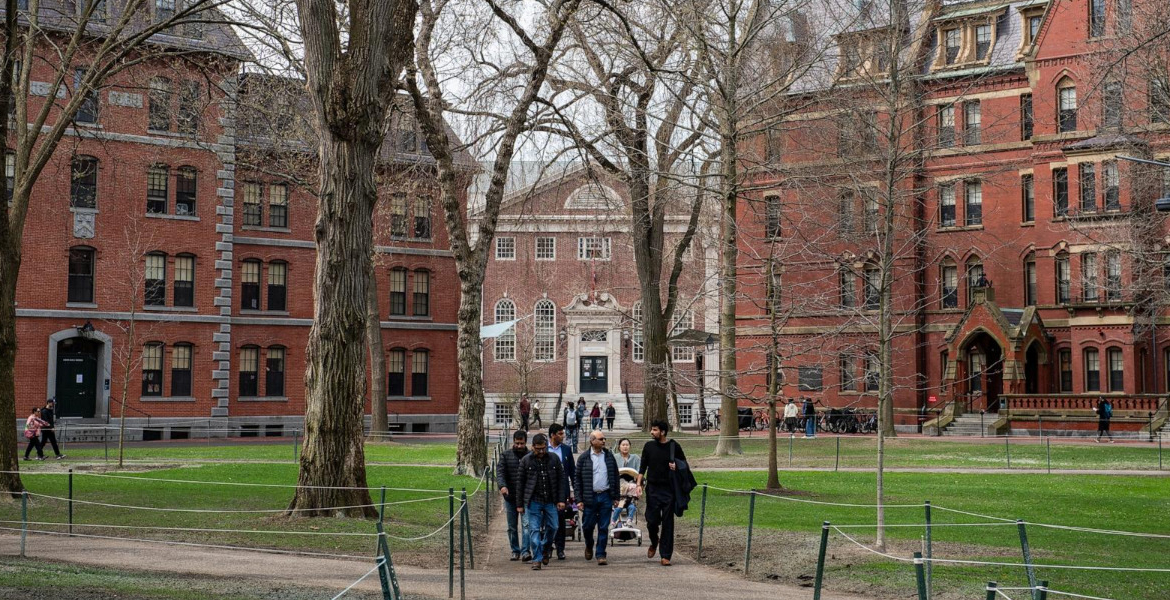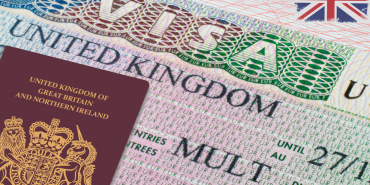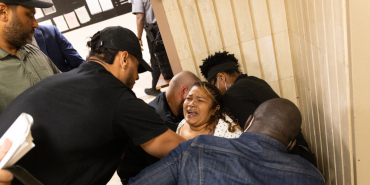Trump Administration Reconsiders Harvard’s International Student Certification Revocation

The Trump administration is reportedly reassessing its decision to revoke Harvard University's certification to enrol international students.
The move that comes amidst mounting legal pressure and widespread condemnation from higher education institutions. The Department of Homeland Security (DHS) had notified Harvard on Wednesday of its intent to withdraw the university's certification under the Student and Exchange Visitor Program (SEVP), a federal program that is essential for allowing foreign nationals to study in the United States.
The timing of the DHS action was notable, coinciding with a scheduled hearing before US District Judge Allison Burroughs in Boston, where Harvard sought a preliminary injunction to prevent the revocation from taking effect. Harvard officials have vehemently contested the government's actions, arguing they are politically motivated and an infringement on academic freedom. The university's legal team maintains that the revocation without due process constitutes a violation of constitutional rights, including free speech and procedural safeguards.
Harvard also warns of the potential impact on its diverse student body, noting that nearly a quarter of its students originate from outside the United States. Legal experts suggest Harvard has a compelling legal argument, given the university's adherence to established administrative procedures for maintaining its SEVP certification. The central question before the court is whether the government adhered to proper regulatory protocols or acted arbitrarily in targeting Harvard.
The university has invoked the Administrative Procedure Act, alleging that the DHS failed to comply with the law's requirements for making significant decisions. The Trump administration has defended its initiative, citing national security and immigration policy concerns as justification for reassessing certifications granted to academic institutions. Government attorneys assert the administration's broad discretion in enforcing immigration regulations and argue against granting Harvard special treatment. Critics, however, contend that the move is part of a pattern of hostility toward higher education institutions that have opposed administration policies.
During Thursday's court hearing, both sides presented their arguments to Judge Burroughs. Harvard lawyers emphasised the irreparable harm that would result from the revocation, disrupting students' academic progress and damaging the university's global reputation. The broader implications of this case extend beyond Harvard, as other universities closely monitor the administration's efforts to reshape federal policies on international education.
The United States has historically been a leading destination for students from around the world, who contribute academically and economically to their host institutions. Policies restricting access to foreign students could diminish the global appeal of American universities and weaken their standing in the international academic community.
Harvard's legal battle underscores the growing resistance among higher education institutions toward policies perceived as excessively restrictive or punitive. Many universities have expressed solidarity with Harvard, emphasising the importance of maintaining a diverse and inclusive student body. They argue that international students bring valuable perspectives that enrich academic discourse and foster research collaborations.
As the administration reconsiders its course of action, Harvard remains resolute in defending its ability to enrol students without undue federal interference.








Add new comment